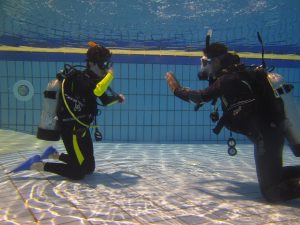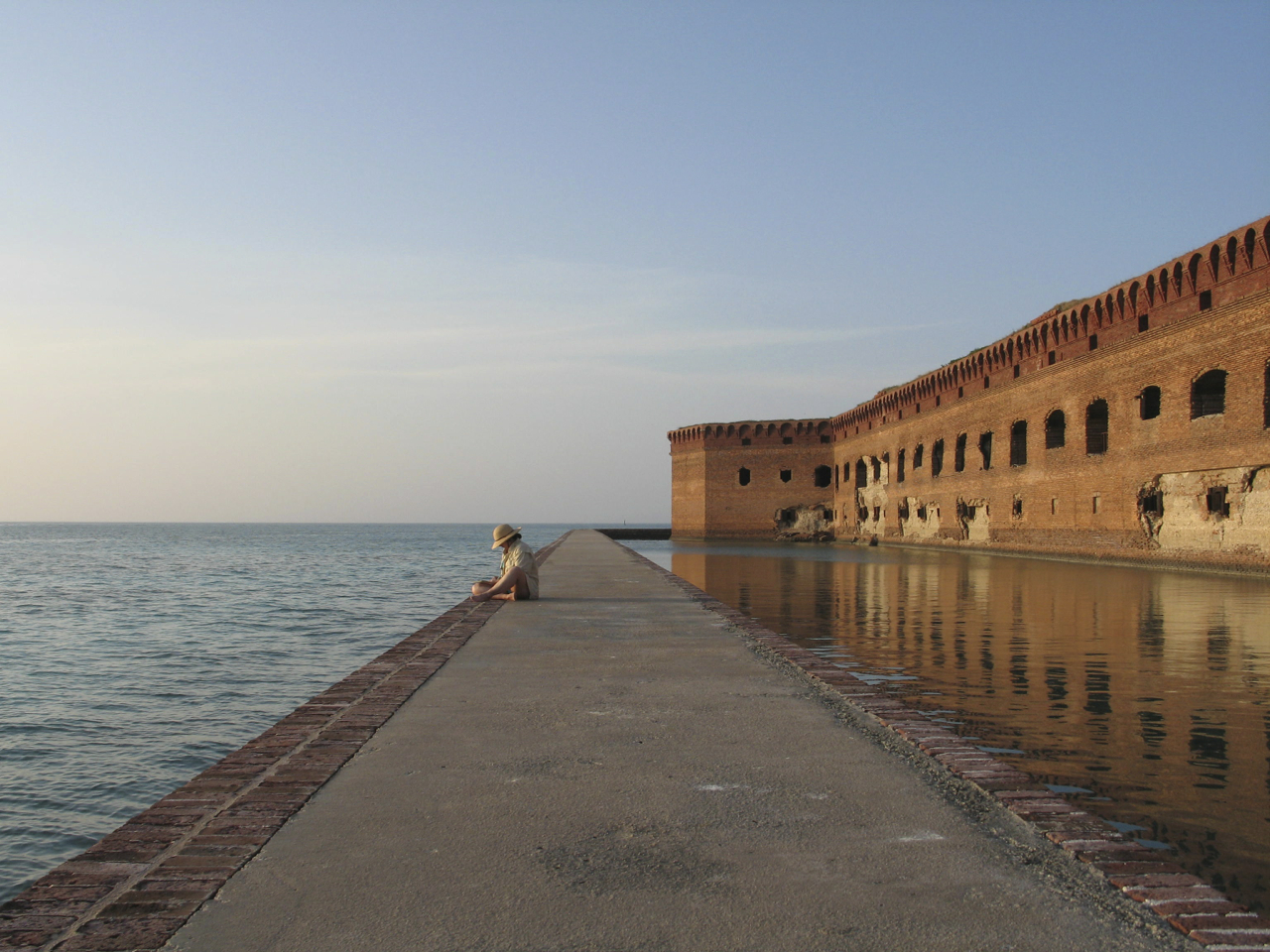 Humans tend to take a lot of things for granted. Breathing, for instance.
Humans tend to take a lot of things for granted. Breathing, for instance.
The past few months, I’ve spent a lot of my free time visiting doctors because I developed breathing difficulties after bouts of bronchitis this winter. I apparently waited till my 50s to become asthmatic. Or at least that is the current theory.
So forgive my blog’s absence. All my writing time went to staying alive.
Still, I still have been busy knocking things off my list. I just haven’t had time to write about the experiences.
But one experience seems particularly ironic, considering the reason for my absence. It is all about breathing.
In April, I took scuba classes, trying to fulfill a lifelong dream of exploring oceans and reefs at a depth I can’t see by snorkel alone.
The 12 hours of course work, held at my health club over four weeks, incorporated both classroom time and water time. My fellow students were an interesting mix: a father and son learning together; a sixtyish woman who had diving on her bucket list; a high-school student preparing for a class trip; and a man in his 30s planning a vacation in Jamaica.
Although the classroom work is important, we were eager to get busy doing. Surely practicing the skills would be more interesting than simply talking about them.
But before one straps on a tank to breathe underwater, she needs to understand the science of this unnatural act. Knowing how pressure affects the body is essential to staying alive.
In the pool, we learned skills that should have scared away anyone with a case of nerves. Although never stated so boldly, all the skills centered on the idea: Learn this or you could die.
Each was a reminder that 40 feet under the surface of the ocean, you are reliant on your equipment to breathe. In any failure, you must know how to respond.
What do you do if your regulator (the device that delivers air) is knocked from your mouth?
What do you do if you run out of air? What do you do if you run out of air and your partner isn’t close?
How do you ditch your weight belt if you need to make a quicker ascent?
How do you remove (and put back on) your vest should you become entangled in underwater debris?
Mastering skills in a 10-foot pool is reassuring. The confines offer security. There is no real risk involved. If anyone felt uncomfortable, she could make a quick trip to the surface.
But in the ocean, one can’t simply surface on a whim. Ascension must be taken at an appropriate speed to prevent complications.
I finished my scuba course just a few days before my bronchitis reappeared, which has put me in limbo.
I can’t complete the open water dives needed for certification while my lungs are compromised.
So I wait. I’d really like to breathe well again, whether above water or under.
Conclusion: Satisfaction delayed. To Be Continued.

I have had the same breathing struggles this spring. I hope you find your cause and fix! Breathing is underrated.
Amen, sister.
Very interesting article. Hope you get to make your ocean dive soon. There is nothing like it. Or so I am told… Looking forward to reading your follow up article on your successful ocean dive.